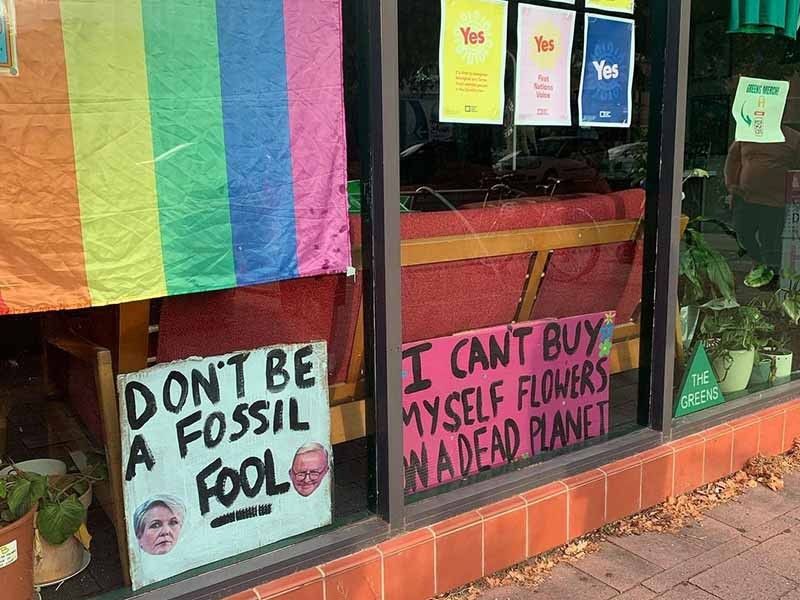Australian parliament approves emissions caps on big polluters

SYDNEY, Australia — Breakthrough climate laws passed by Australia on Thursday will target the nation's worst polluters, forcing coal mines and oil refineries to curb emissions by about five percent each year.
Experts said the laws signalled the end of Australia's bitter "climate wars" — a decade of political brawling that has repeatedly derailed attempts to tackle climate change.
"It's the first time greenhouse gas emissions reduction has been written into Australian law," University of New South Wales sustainability expert Tommy Wiedmann said.
"That's obviously a good thing. We have a climate policy now," he told AFP.
The laws apply to 215 major industrial facilities — each producing more than 100,000 tons of greenhouse gases a year — and form the backbone of Australia's pledge to reach net zero emissions by 2050.
The government has forecast it can stop 200 million tons of carbon from being pumped into the atmosphere over the next decade.
Aluminium smelters, coal mines, oil refineries and other large polluters will be forced to cut their emissions by 4.9% each year.
The government struck a deal on the so-called Safeguard Mechanism after weeks of high-stakes bargaining with the left-wing Greens party.
The previously skeptical Greens — whose support was needed to pass the laws — agreed to back the carbon plan after persuading the government to put a hard cap on emissions.
Greens leader Adam Bandt said the move compelled oil and gas corporations to slash their emissions "for the first time ever in law".
Climate 'stalemate'
Australia's economy is fuelled by mining and coal exports — and it is among the biggest emitters of carbon dioxide, per capita, in the world.
Although many praised the laws as a crucial first step, Wiedmann warned Australia could not rest on its laurels.
"It's not enough on its own to reduce emissions and avoid dangerous climate change," he said.
"The hard decisions will come in the next few years."
Murdoch University sustainability expert Martin Brueckner said the plan ended Australia's climate "stalemate", and gave a strong signal to businesses.
"It pretty much pushes climate denialists in a corner," he told AFP.
"We had a lot of market investment uncertainty over the last 10 years under the poorly-defined climate policy.
"Having made that first policy step — as small as it may be — I think it paves the way for more progressive policies to follow."
Australia's mining industry has warned that the financial burden of compliance could lead to massive job losses.
"If we are not careful, some facilities in Australia will close," the Minerals Council of Australia said before the laws passed.
"Not only would that damage our economy and slash tens of thousands of regional jobs and billions in investment, it also would push the emissions reduction burden onto other nations that are less able or less willing to decarbonize."
Global mining giants Rio Tinto and BHP operate a number of mines and smelters that will be forced to make emissions cuts.
Australia's Climate Council has estimated that the 215 facilities are responsible for almost 30% of the country's total emissions.
- Latest































